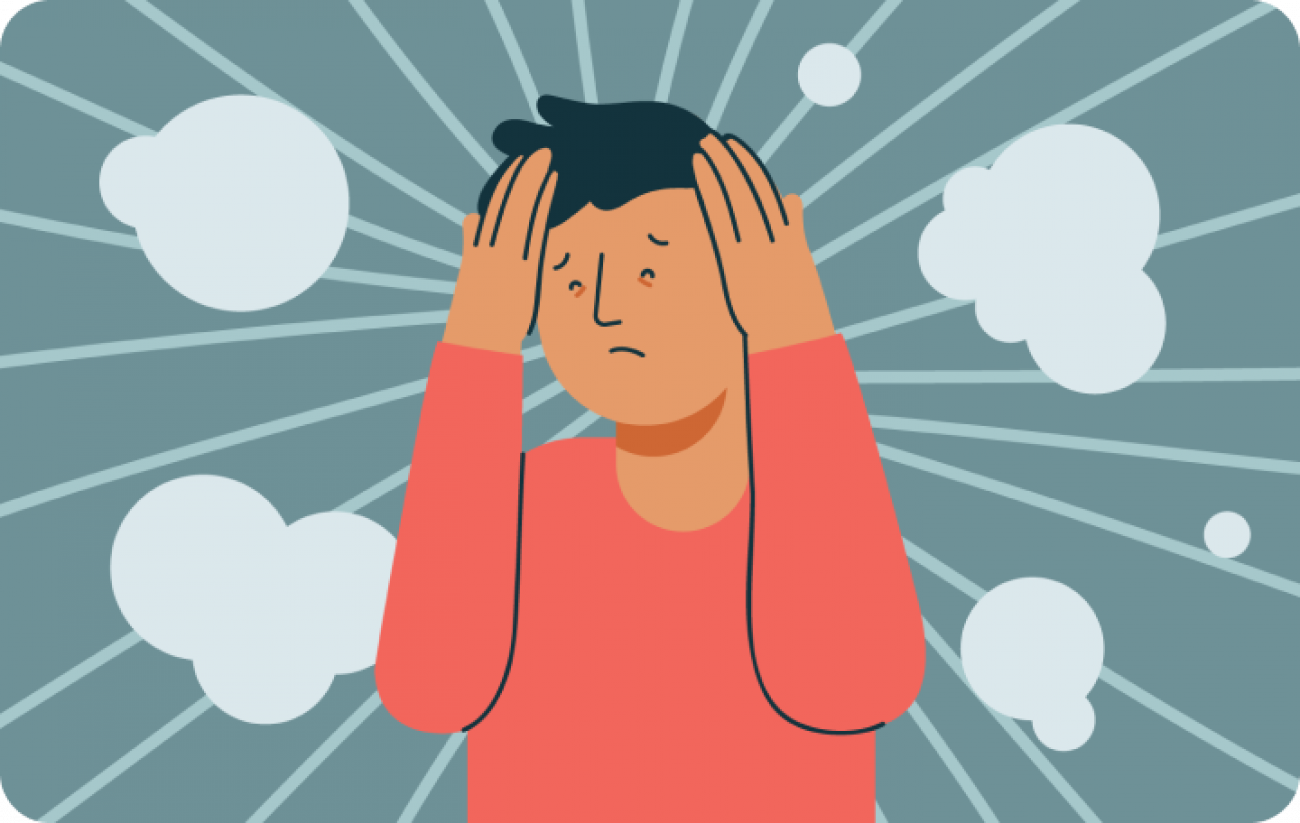You don’t want to think about these unpleasant things. So, what causes them to happen to you? They’re known as “intrusive thoughts,” and practically everyone experiences them from time to time. They can range from random visions to frightening and violent concepts like hitting someone in the face or injuring oneself.
They are often harmless. However, if you obsess about them to the point that they interfere with your daily life, this may indicate an underlying mental health condition. Anxiety, sadness, or obsessive-compulsive disorder can all cause intrusive thoughts (OCD).
Types of Invading Thoughts
Intrusive thoughts can manifest themselves in a variety of ways. Here are a few examples:
Sexual notions: It’s normal to have sexual ideas on a regular basis, regardless of gender. When you are bothered or disturbed by such ideas, you may get fixated on them and work hard to drive them away. Experts advise reminding oneself that these are only fleeting ideas. They don’t define you at all.
Negative ideas. When things don’t go as planned, you may consider yourself a “loss” or believe you’re not good enough. As your circumstance changes, these ideas should vanish. However, if they become too much for you, you may suffer from despair or anxiety. Consult a mental health professional for advice on how to manage your symptoms.
Violent ideas. Your thoughts may be filled with dark or violent themes, such as causing harm to yourself or others. They are frequently innocuous, recurring ideas that you have no intention of acting on. You don’t want them in your thoughts at all. And they will pass in due course. However, if you want to act on your aggressive ideas, you will need expert support to regulate your emotions. Consult a doctor or a therapist.
What You Could Do
In the end, most invasive thoughts are simply: ideas. They are not a red flag or an indication that you intend to conduct the troubling things you are contemplating. If they irritate you, you can take action to reduce their frequency and severity.
You can: Recognize and define them as what they are: intrusive thoughts over which you have no control.
Instead of attempting to force them away, just let them stay.
Accept the fact that they will pass.
Allow yourself some time for them to go away.
Prepare for unwelcome ideas to resurface.
Continue doing whatever you were doing before the unwanted ideas entered your mind.
When to Seek Assistance
Inform your doctor if intrusive thoughts absorb your energy, give you discomfort, or make it difficult to go about your daily activities. If additional diagnosis and treatment are required, they will send you to a behavioral therapist, psychologist, social worker, or psychiatrist.
Get medical care immediately away if you feel like acting on your intrusive thoughts in a way that might harm yourself or someone else.
If you are contemplating suicide, call the National Suicide Prevention Hotline at 800-273-TALK. Alternatively, text “MHA” to 741-741. This will link you to a certified Crisis Text Line counsellor.




